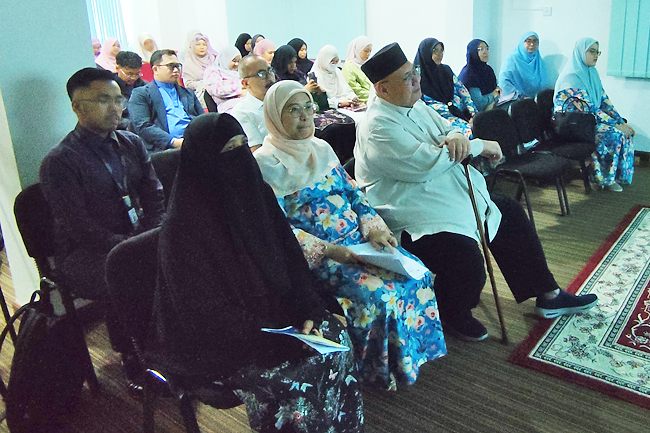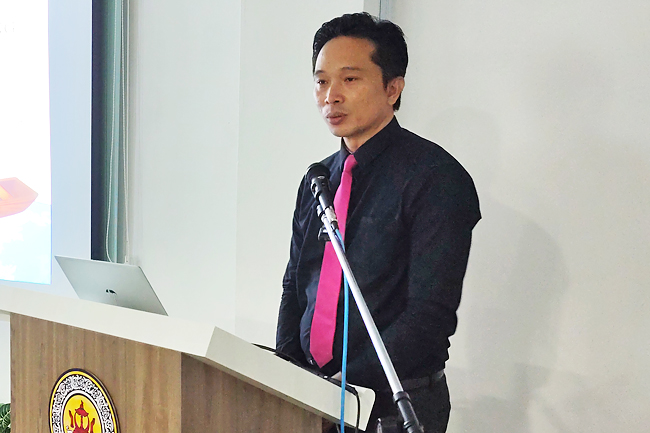The sixth edition of the Menyuluh Sejarah Brunei Programme, organised by the Brunei History Centre (PSB), Ministry of Culture, Youth and Sports (MCYS), through the Borneo Research Centre (penBORNEO) in collaboration with the Brunei History Association (PESEBAR) at the penBORNEO building in Kampong Anggerek Desa yesterday, aimed to provide opportunities for the younger generation to share their historical research, introduce comprehensive and in-depth studies on previously unexplored topics, and showcase the skills of the youth in researching, analysing and writing historical materials. It also served to cultivate an interest in history, develop talent in producing historical writings, and establish penBORNEO as a forum for discussion and debate on the history of Brunei and Borneo.
The programme supports PSB’s role as a centre of excellence for the history of Brunei, with the goal of informing both local and regional communities about the country’s history. The event was attended by 70 participants, including MCYS officers, students from Universiti Islam Sultan Sharif Ali, Religious Teachers University College of Seri Begawan, Universiti Teknologi Brunei and Universiti Brunei Darussalam, history teachers and PESEBAR members.
The programme featured the presentation ‘The Importance of Herbal Medicine in Borneo and its Current Challenges’ by Dr Nas Irun binti Haji Alli who focused on herbal medicine, a traditional practice involving the use of roots, leaves, flowers, stems, buds, bark, branches, and fruits by the community and is still widely used to treat ailments such as fever.
Dr Nas highlighted the differences in the herbs used and their categorisation, with each ethnic group in Borneo having its own methods and practices for medicinal plants.
Her presentation focused on the challenges facing the continuity of herbal medicine in Brunei society, especially in light of modern medical technology. Despite this, herbal medicine remains an important complementary and alternative method for many Bruneians.
Muhammad Hefni bin Mahari’s presentation ‘Brunei’s Water Taxis Making History Contributes to Intangible Cultural Heritage: A Preliminary Approach’ explored Kampong Ayer’s unique heritage and the role of water taxis, an essential part of the community’s socio-economic development.
The making of water taxis, traditionally by Kampong Ayer residents, has been passed down through generations.
Muhammad Hefni discussed the evolution of the water taxi design, influenced by modern developments, and the cultural heritage associated with its creation.
He also explored the cultural aspects of the heritage, such as the selection of material, rituals and the timing for launching the water taxis, a practice known as Turun Bantayan. – Lyna Mohamad






